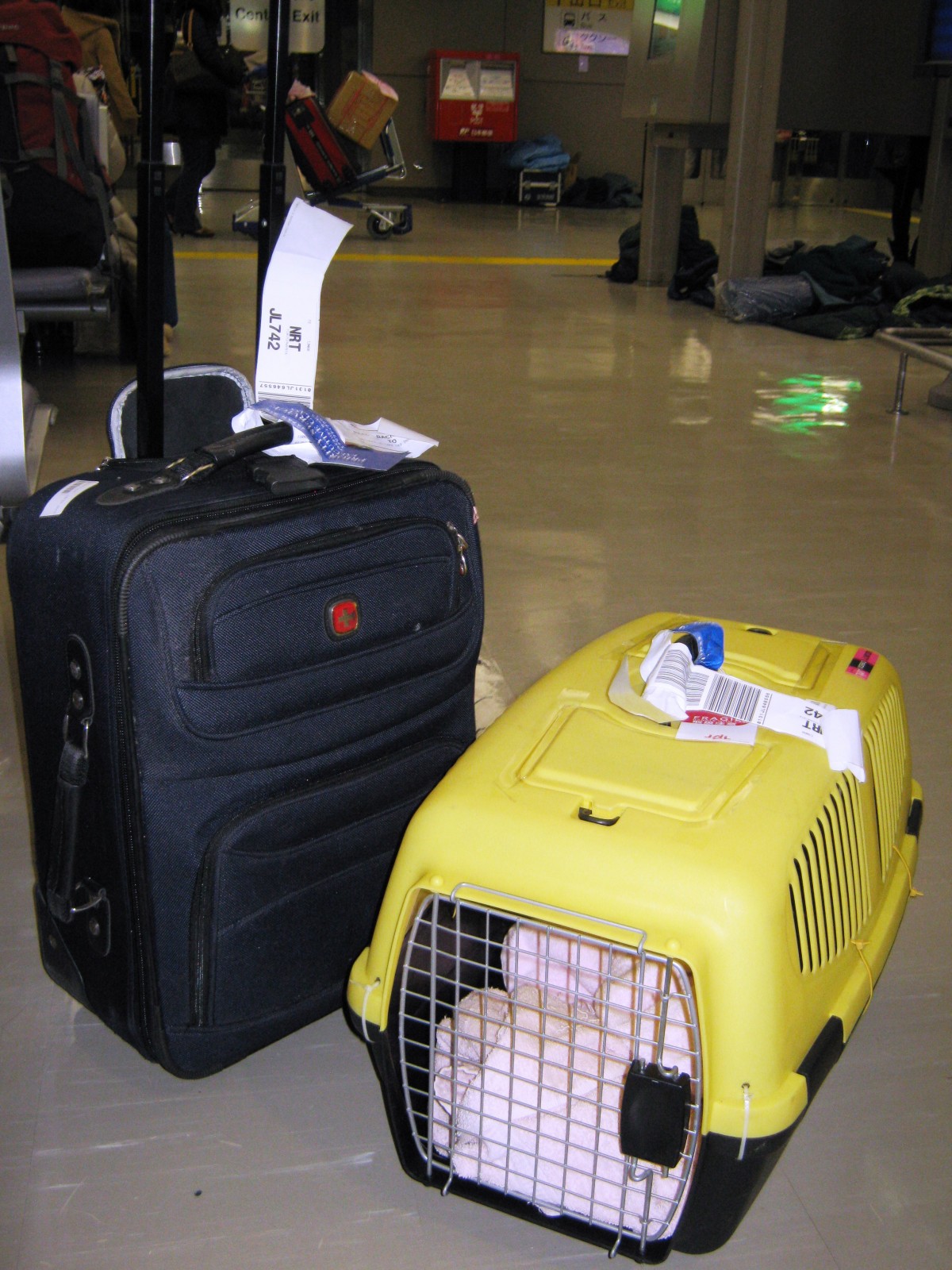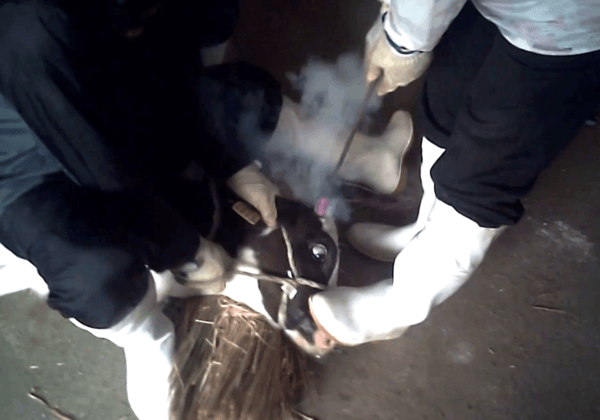Top 10 Tuesdays: Be a Friend to Animals, at Home and Abroad!
 While everybody loves to travel, it can be a daunting experience for animal lovers. We see and hear awful things about the conditions in which animals are kept overseas. But have no fear! This list will help you ensure that your trip is animal-friendly:
While everybody loves to travel, it can be a daunting experience for animal lovers. We see and hear awful things about the conditions in which animals are kept overseas. But have no fear! This list will help you ensure that your trip is animal-friendly:
- Language barrier: In its “Vegan Passport,” the Vegan Society has compiled a list of vegan translations and phrases for help when traveling. The updated edition of the “Vegan Passport” covers 95 percent of the world’s population, with 73 different languages. And best of all, it can be purchased online.
- Getting there: Nearly every airline serves vegetarian meals. You just have to make sure that you make it clear that you’d like a vegetarian meal when making your booking—and not when collecting your boarding pass (by then, it may be too late!).
- Checking in: Most hotels have an in-house restaurant, so if the website doesn’t list a menu—just e-mail the hotel. It’s always best to know beforehand, especially after a long-haul flight.
- Checking out: To really enjoy the veggie fare, no matter what your destination is, check out HappyCow! The website is a treasure trove of veggie delights. It’s categorized by city, with listings, reviews, and photos included.
- Local cuisine: When I last went to Thailand, I didn’t know about HappyCow. However, as luck would have it, I did stumble upon a vegetarian cooking class. It included a trip to the local market, detailed instructions, and a banquet of veggie goodness. If you’re feeling adventurous, include a cooking class as part of your trip, or just read up on the local cuisine beforehand and find out which dishes are usually vegan or can be easily “veganized.”
- Volunteering: You might not include this on a weekend trip, but if you’re going on a longer trip, it can be a great way to make local friends while learning more about your destination in the process. The Internet is great for finding out about animal shelters around the globe. Examples include PAWS (in the Philippines) and the RSPCA (in Australia).
- Tour groups: If your holiday is part of a packaged tour, go through the itinerary in great detail and check for any excursions that may harm animals (zoos, circuses, etc.). The last thing that you want at 9 a.m. is to find that you’re scheduled to ride on top of a tortured elephant for the duration of the day. Check with your travel agent first.
- Speaking up! We know that holidays are meant to be all about fun, but if you do witness animal abuse when abroad, you should still take the time to do something about it. A few minutes is all it takes—all you have to do is talk to the animal handler directly (or his or her boss), make a phone call, or contact PETA directly with the relevant details and information.
- Research, research, research: We have received numerous complaints from likeminded individuals who were conned into believing that the “animal sanctuary” they were visiting wasn’t a zoo. The Tiger Temple in Kanchanaburi, Thailand, calls itself an animal sanctuary, yet visitors have reported that the “monks” were mocking the tigers, beating them with sticks, and even drugging them. For a guilt-free holiday, always do your research.
- When you see an injured animal: Hotels and tour operators will be interested in hearing about animal abuse on a larger scale, such as dancing bears or beaten elephants—but don’t expect them to do anything about a wounded bird. If you see an animal in distress, you can always Google “animal clinics with English speaking staff.” It’s what I did last year in Kuala Lumpur when I witnessed a kitten hit by a cab and left on the side of the road to die.
Traveling is one of the best ways to open your mind. With a little research beforehand, there should be nothing stopping you from an animal-friendly globetrotting romp across the seven seas. Remember—if you’re a friend to animals at home, you’re a friend to animals everywhere!
Posted by Robert Fry








